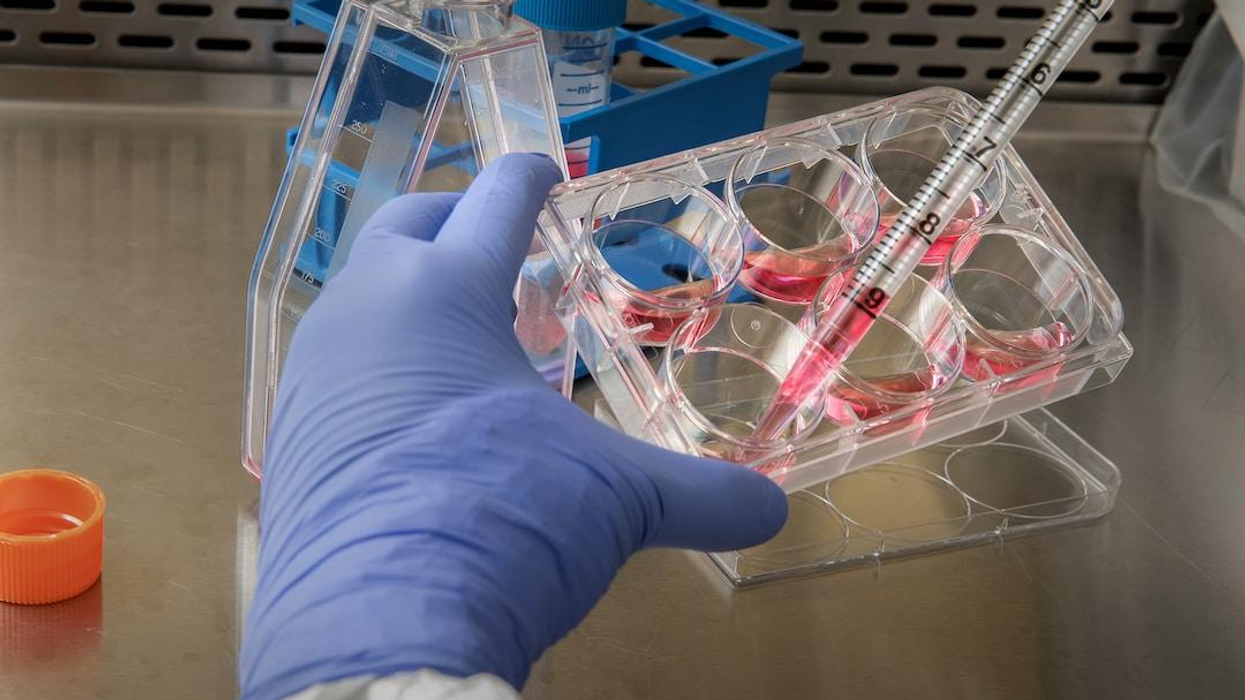The Pharmaceutical Services Negotiating Committee (PSNC)’s members are seeking immediate rescue packages for the sector to help with energy bills and to ease capacity constraints.
In a meeting held on 14th and 15th September, the committee members expressed their anger and frustration on the reluctance of NHS England and government to fund pharmacy sustainably.
The meeting was held to consider practical steps to ease the pressures on the community pharmacy sector, and to oversee the progress of negotiations on the Community Pharmacy Contractual Framework (CPCF) and other work.
Committee members, as pharmacy contractors, shared their experiences of the current pressures on all contractors, including the inability to deliver some services and to maintain core service levels; the capacity and workforce crises facing the sector; the critical need for funding support this winter; and the urgent need for Government to adapt the Price Concessions system to meet the needs of contractors.
“The Price Concessions system is no longer working for contractors in the current volatile medicine supply environment and PSNC is clear this is not acceptable,” said the committee.
“We have sent a strong and clear message back to Government that pharmacies cannot subsidise the NHS medicines bill, escalating this within the Department of Health and Social Care (DHSC) and insisting that they find urgent solutions.”
Over the reluctance of NHS England and Government to fund pharmacy sustainably, PSNC said, it ‘will lead the sector in holding them to account for this, including through the work to develop a new vision and strategy for the community pharmacy sector.’
A deal on Year 4 of the five-year CPCF was agreed in principle over the summer but is awaiting final cross-government approval following ministerial resignations in the summer.
The committee reconsidered this in light of the rapidly worsening economic outlook for community pharmacies.
The Committee also considered funding delivery, looked at key service-related consultations, and made early decisions on PSNC’s Transforming Pharmacy Representation (TAPR) work.
As part of the TAPR work, they considered key questions about PSNC’s governance – ahead of a full governance review – and contractor levies, and these will be discussed at the upcoming LPC Conference before announcements are made to contractors.
At the LPC Conference in Manchester this week (September 22), PSNC members and LPCs came together to explore further practical solutions to the pressures facing contractors and to look at how local and national representatives can best collaborate on those.
Prior to the meeting, PSNC chief executive Janet Morrison said: “PSNC’s committee members, all of whom are community pharmacy contractors or representatives of contractors, have this month reflected the anger and frustration that is being felt across the sector.
Pharmacies stepped up during the pandemic to deliver all that the government and NHS needed, yet you are now struggling to keep afloat while those same two organisations allow Drug Tariff and concession price issues, spiralling costs, and other pressures to decimate your businesses. This is not acceptable to us, it is not acceptable to NHS patients, and it won’t be acceptable to the public: PSNC is clear that policy-makers must be held to account for it.
“We are continuing to take a very hard line on all of these issues, alongside ramping up our influencing and data-gathering work as we seek short-term solutions for all contractors. During the pandemic we and the wider the sector fought very hard for contractors’ Covid costs to be covered and that is what we will do again now, with energy prices, with Price Concessions, and with overall funding levels. Thank you once again to all those contractors who have contacted us about these issues and for all the evidence you provide on an ongoing basis – we will be needing more of this soon.”











